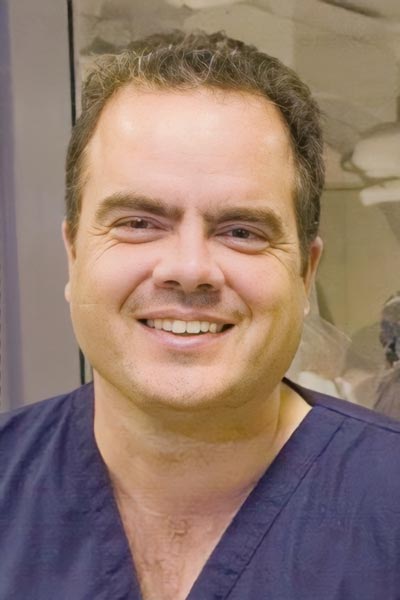
Poster Presenter: Robert M. Hamilton, MD, MHSc, FRCP(C), Professor and Senior Associate Scientist, Labatt Family Heart Centre, The Hospital for Sick Children and Research Institute and University of Toronto, Canada
Poster Title: Fetal Cardiac Targets Identify the Autoantibodies Associated with Congenital Heart Block
Ignite Session 8C
Monday, November 14 | 2:30–2:35 p.m. ET | Center City Stage
All ACR Convergence 2022 poster presentations are available on demand to registered meeting participants through October 31, 2023.
What is your poster about?
To find a more specific predictor of autoimmune congenital heart block in “at-risk” pregnancies (lupus or Sjögren’s syndrome with anti-Ro antibodies), we used fetal heart as well as stem-cell derived immature cardiomyocytes as a source of proteins to characterize the targets of maternal serum antibodies. We found a set of four autoantibodies that are sensitive, specific, and predictive of a congenital heart block outcome, with one of them appearing as early as seven weeks of gestation.
Why did you decide to investigate this topic?
I/my lab has had a strong interest in autoimmune congenital heart block for three decades. Personally, it may have something to do with having suffered from a newborn autoimmune condition myself and in my family (Rh isoimmunization disease of the newborn). We have a strong institutional and international collaborative network who are similarly passionate about this disorder.
What are you working on next related to this research?
We seek to further confirm and validate our findings, particularly earlier in pregnancy, and to assess if these antibodies are present pre-conception and will remain predictive of outcome. We seek to better understand the mechanism(s) of autoimmune congenital heart block within atrioventricular nodal cells and structure. We are developing innovative new models of congenital heart block in which we can assess potential therapies.
What excites you most about your work?
I am excited about translating our findings to a clinical test that can better identify pregnancies that will develop heart block, eliminating much of the current intensive fetal cardiac screening that currently is performed in this disorder, and allowing better targeting of potential preventive therapies. The long-term aim is to predict and prevent congenital heart block, eliminating the associated fetal loss and lifelong need for pacing in the affected offspring. Autoimmune congenital heart block is the most common indication for pacing in children and could be eliminated.

Registered ACR Convergence 2024 Participants:
Watch the Replay
Select ACR Convergence 2024 scientific sessions are available to registered participants for on-demand viewing through October 10, 2025. Log in to the meeting website to continue your ACR Convergence experience.
